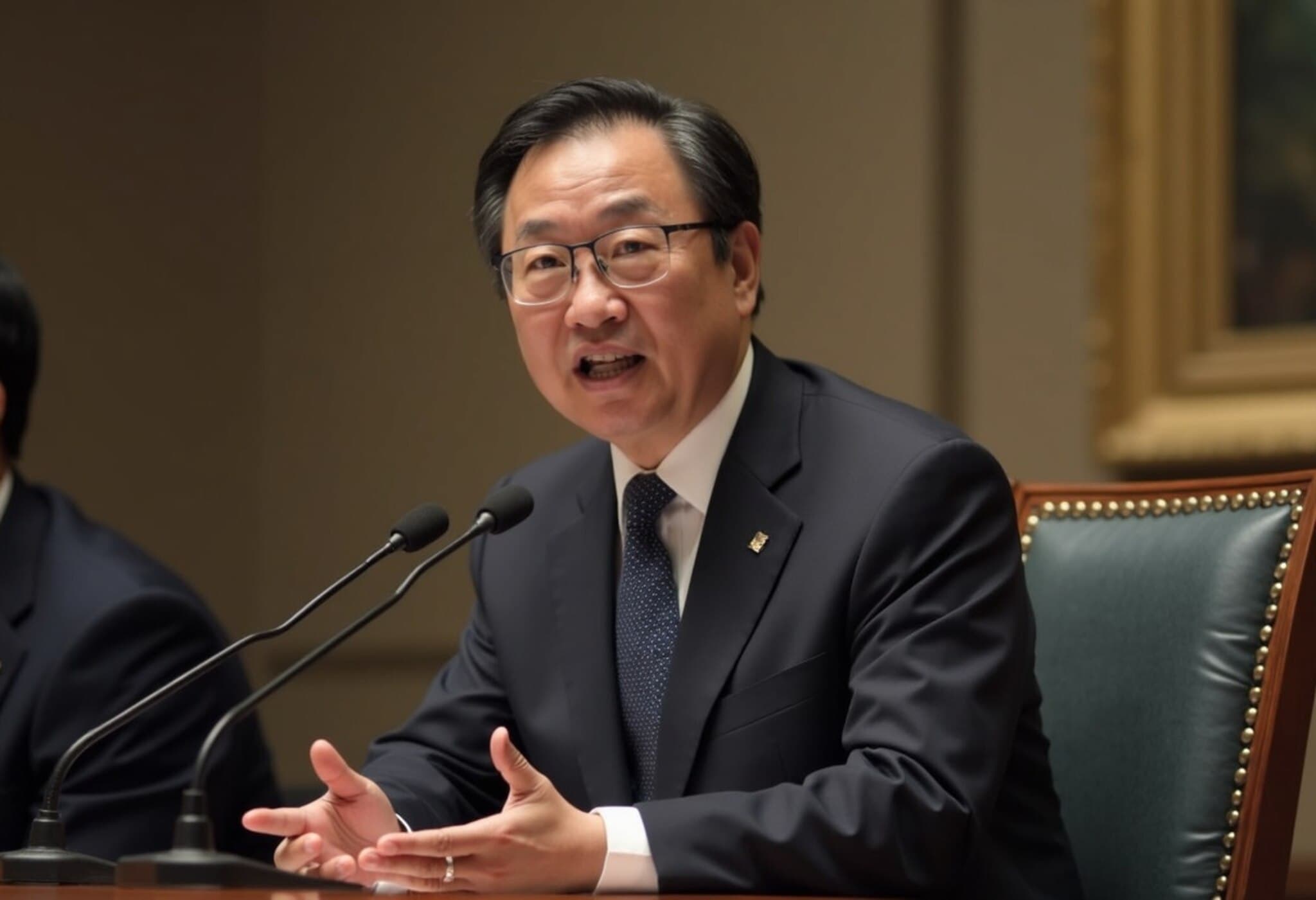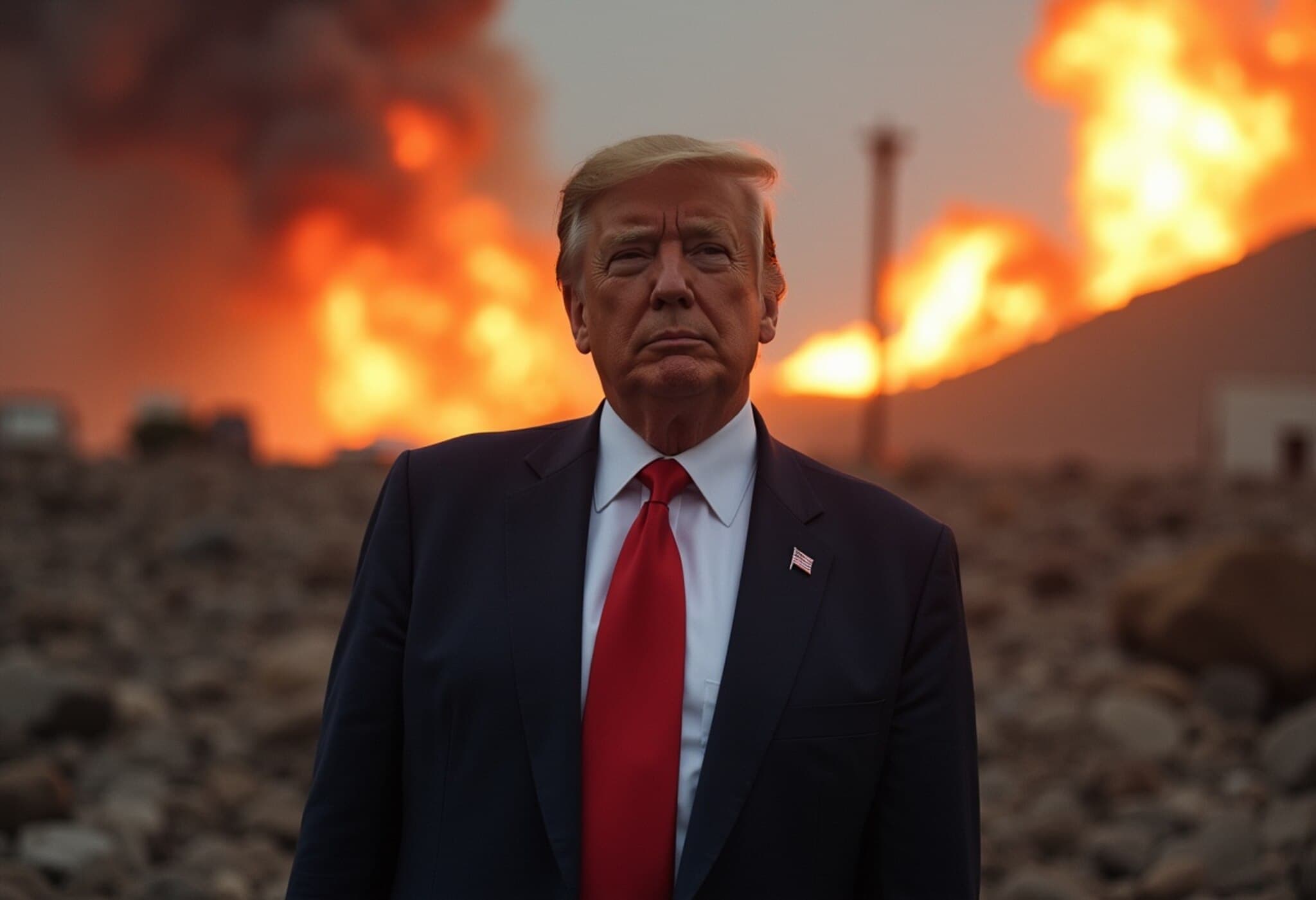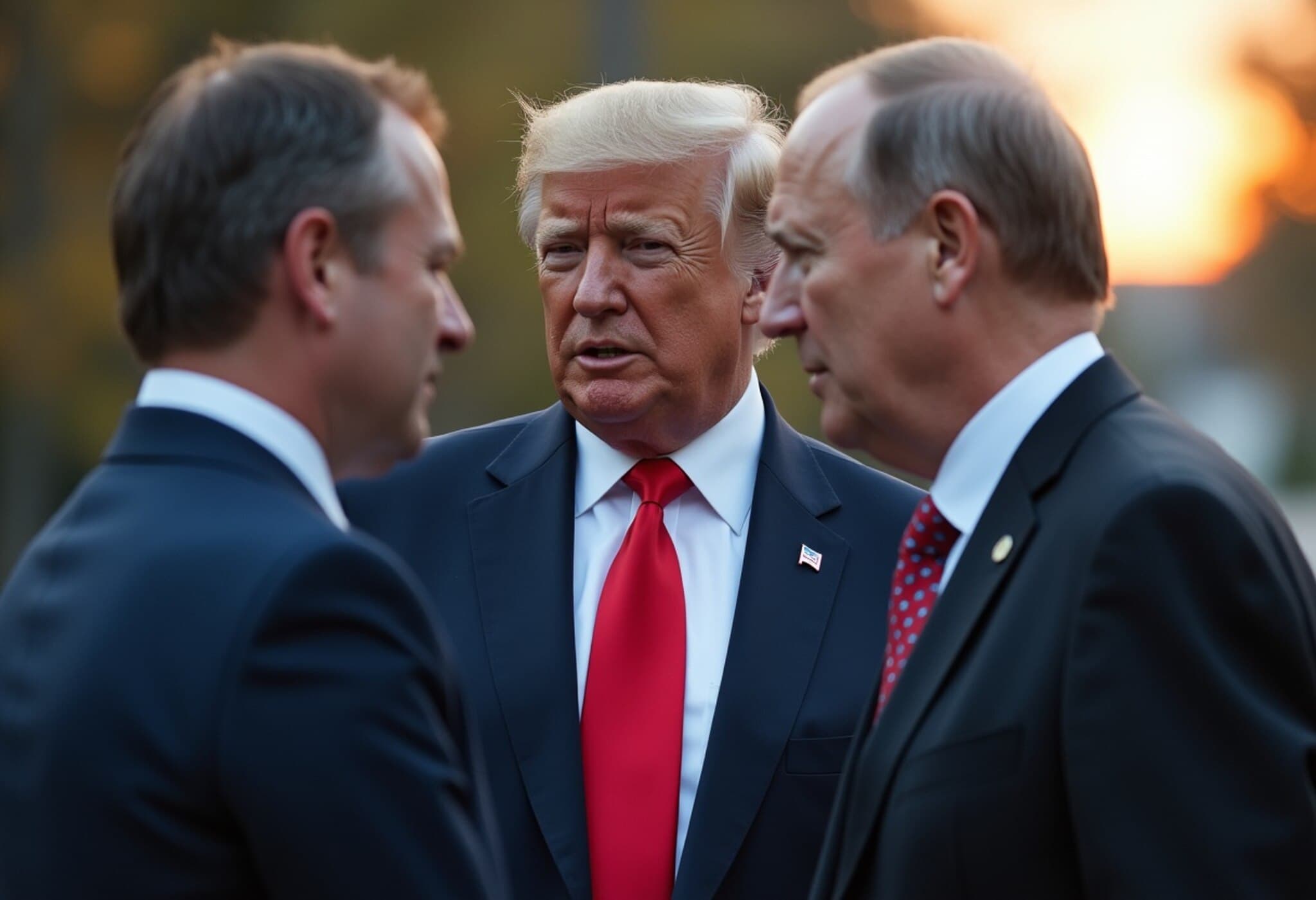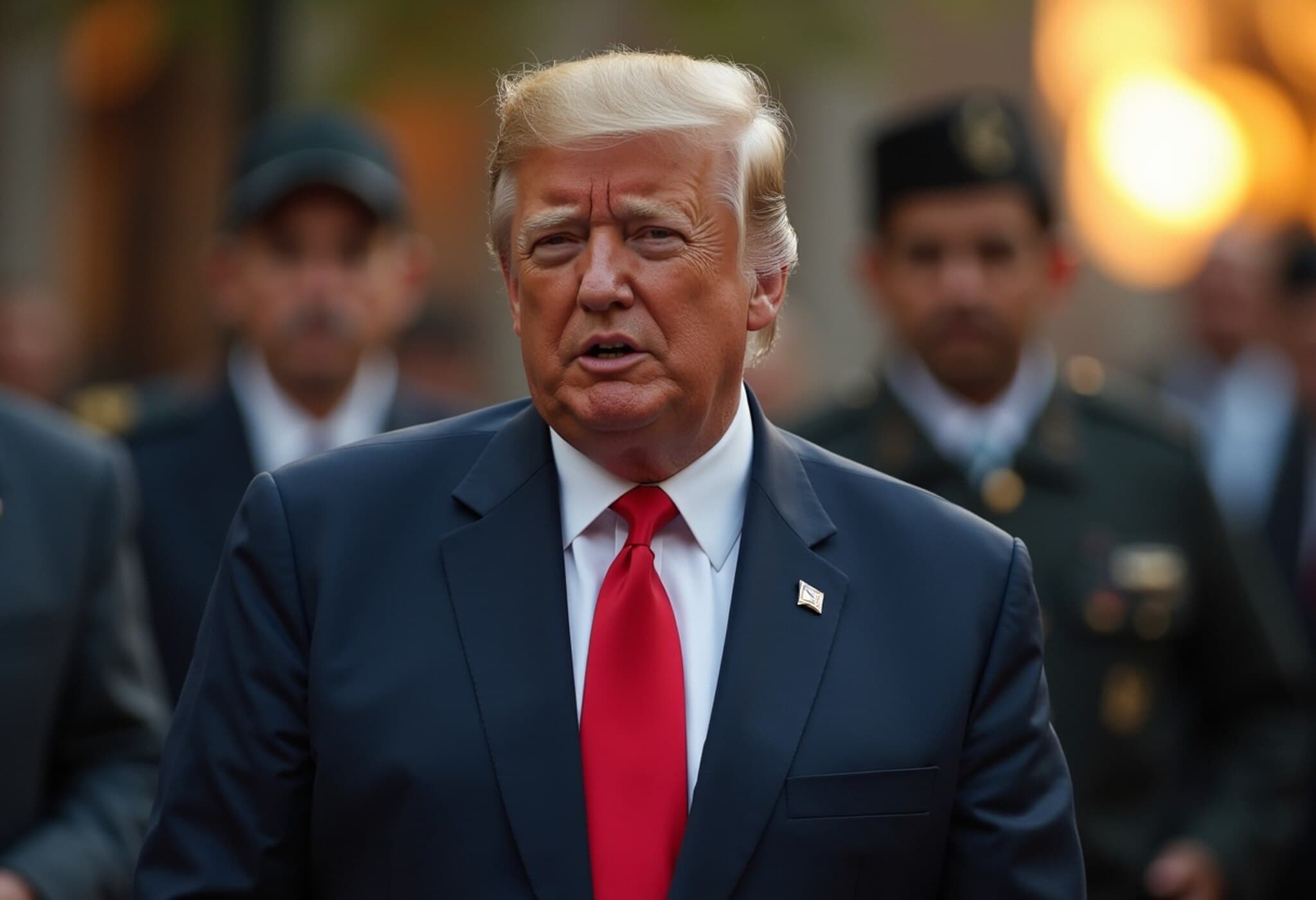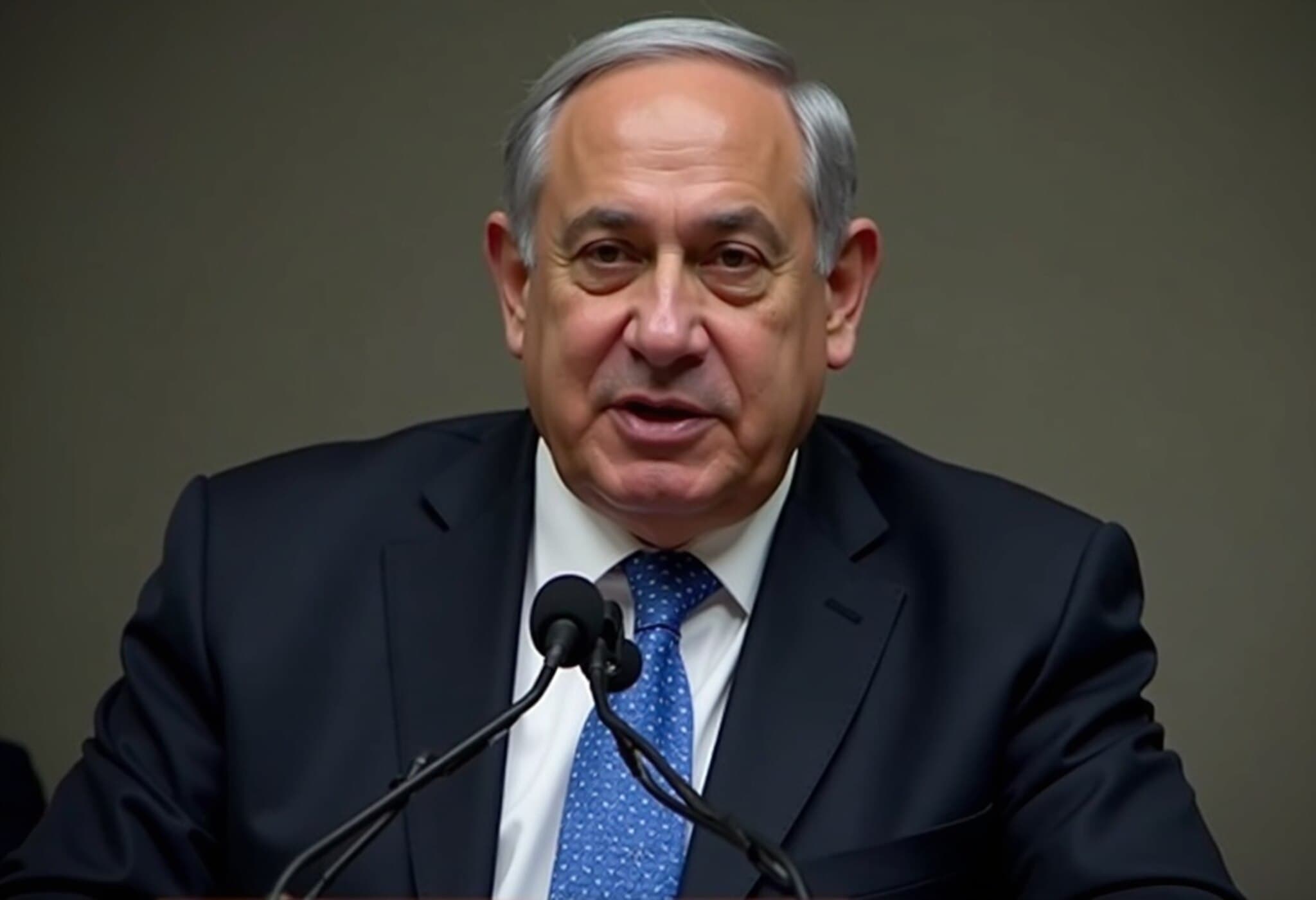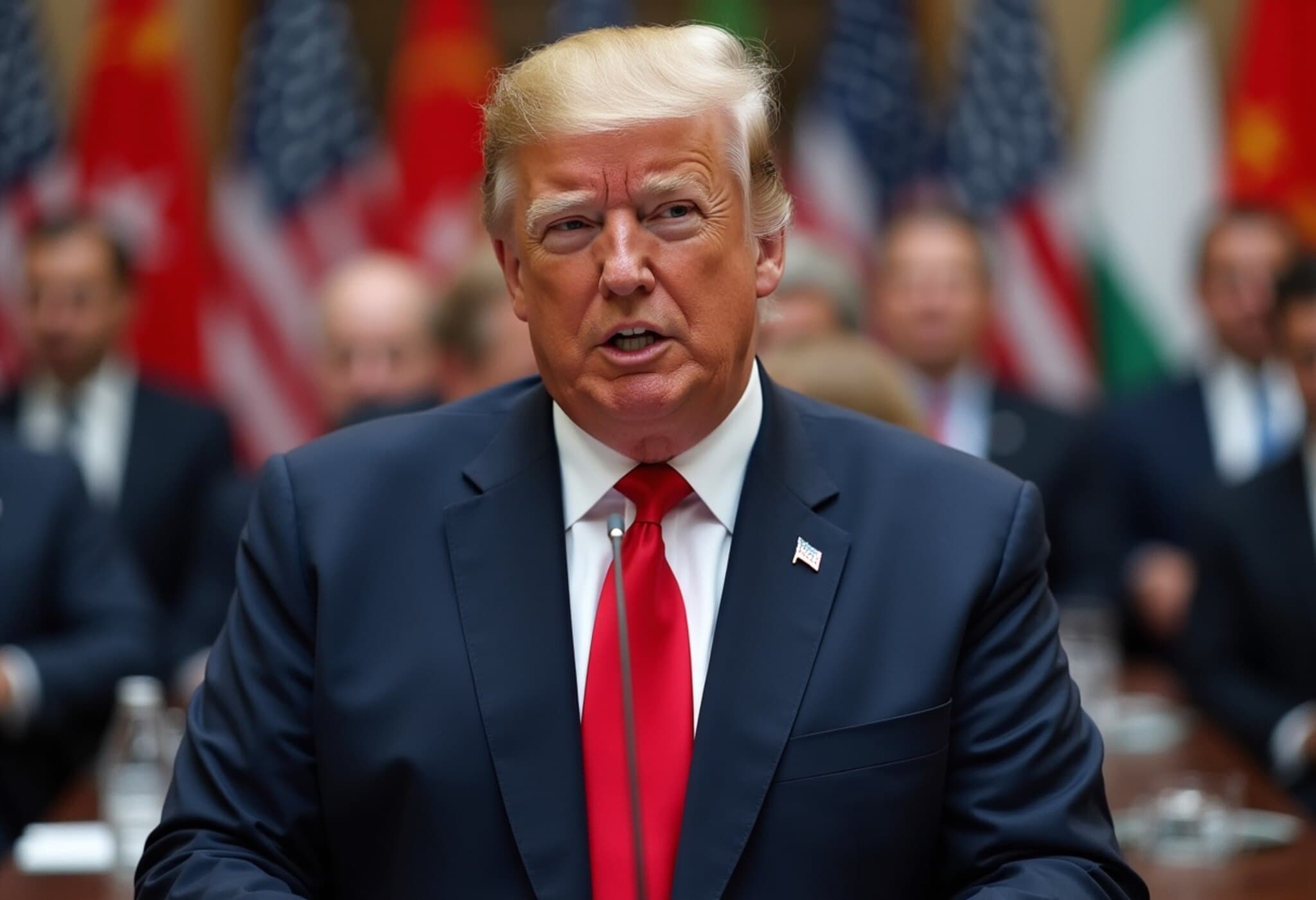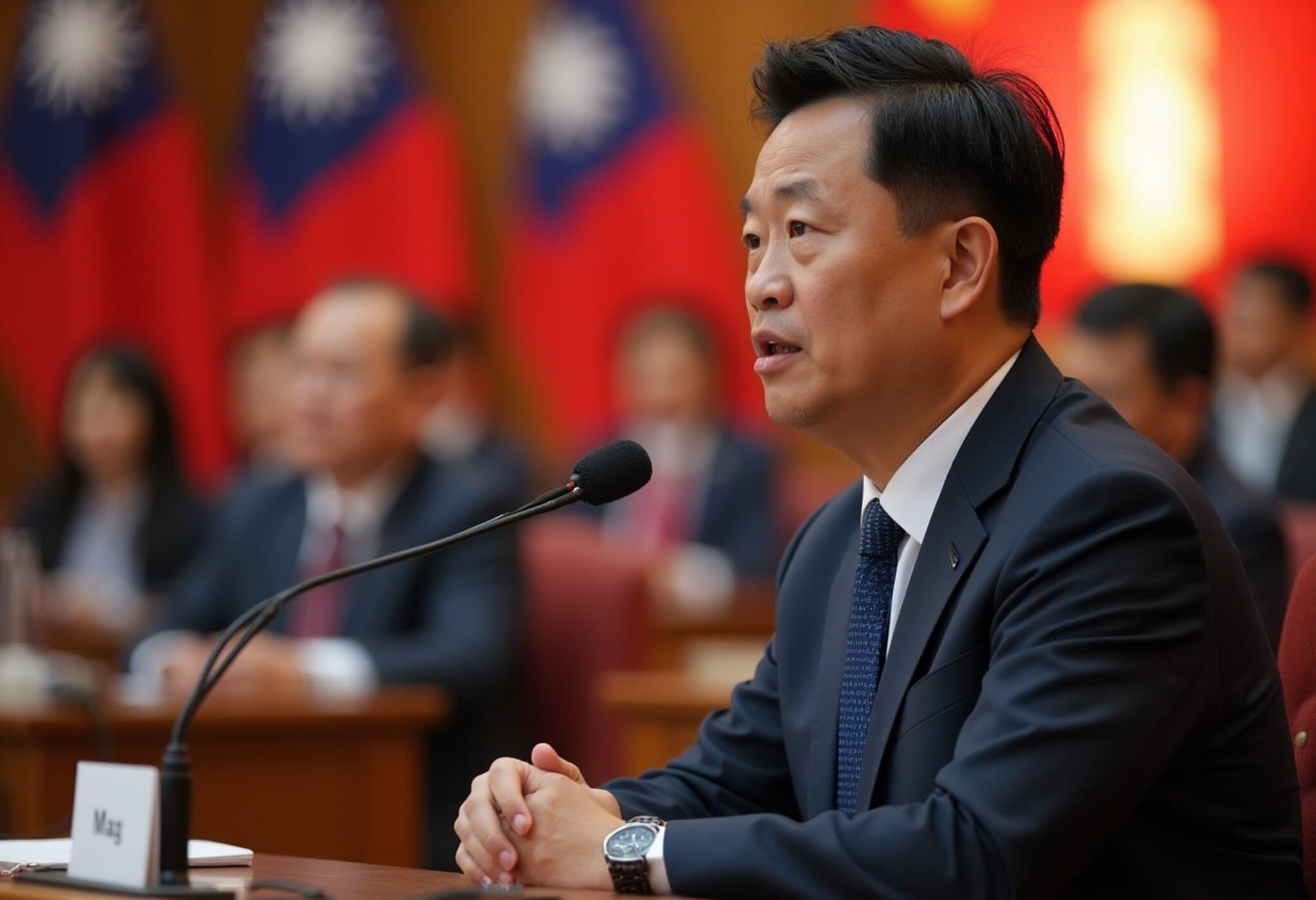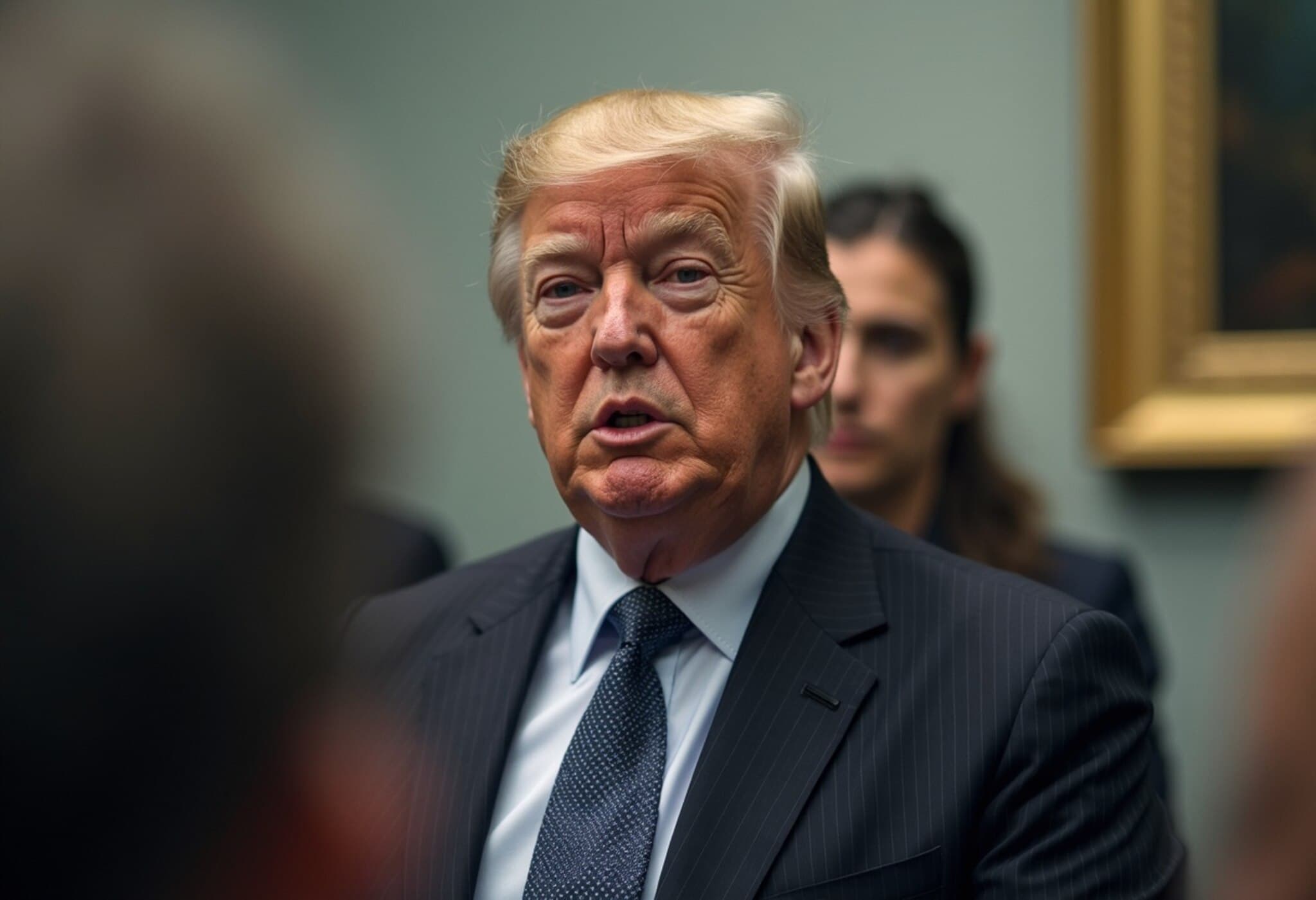President Lai Ching-te Reaffirms Taiwan’s Sovereignty
On Sunday, Taiwan’s President Lai Ching-te delivered a pointed message to Beijing, affirming that Taiwan is unequivocally a sovereign country. He dismissed China’s claims over the island as lacking any credible historical or legal foundation.
Rejecting China’s ‘Separatist’ Label
China continues to label President Lai a “separatist” and views Taiwan as an inseparable part of its territory, rather than a self-governing nation. However, Lai and his government have repeatedly invited Beijing to hold dialogues, offers that have so far been ignored.
Tracing Taiwan’s Unique Historical Identity
In the first speech of his new series titled “Uniting the Country,” Lai highlighted Taiwan's unique historical and cultural evolution. He emphasized the island’s indigenous people, tracing their links to other Austronesian groups, such as native Hawaiians, to underscore Taiwan’s distinct development apart from China.
He also referenced Taiwan’s history of resistance, including uprisings against Japanese colonial rule from 1895 to 1945, and noted that under the last imperial dynasty of China, the Qing, Taiwan was officially recognized as a province for only eight years.
A Clear Message: Taiwan is a Country
“Of course Taiwan is a country,” Lai declared, highlighting the democratic presidential elections as evidence of its sovereignty. He contrasted this with China’s persistent narrative denying Taiwan’s status as an independent state.
Legal Disputes and the United Nations Context
China often cites the 1971 United Nations resolution that transferred China’s seat from Taipei to Beijing as a legal basis to claim Taiwan. However, Lai dismissed this interpretation, clarifying that the resolution was simply about which government represented China in the UN and did not impact Taiwan’s sovereignty.
Addressing the Threat of Chinese Military Pressure
Lai acknowledged the ongoing military threat posed by China, pointing to frequent Chinese military maneuvers near Taiwan. He stated firmly that Taiwan’s future must be decided by its own population of 23 million people, asking rhetorically if they agree with China’s claims — the answer resounded in applause.
Historical Context: Taiwan’s Political Status
Since 1949, after the Republic of China government was defeated by the communists on the mainland, Taiwan has remained under the ROC’s administration, preserving its formal governance structure separate from the People’s Republic of China.

